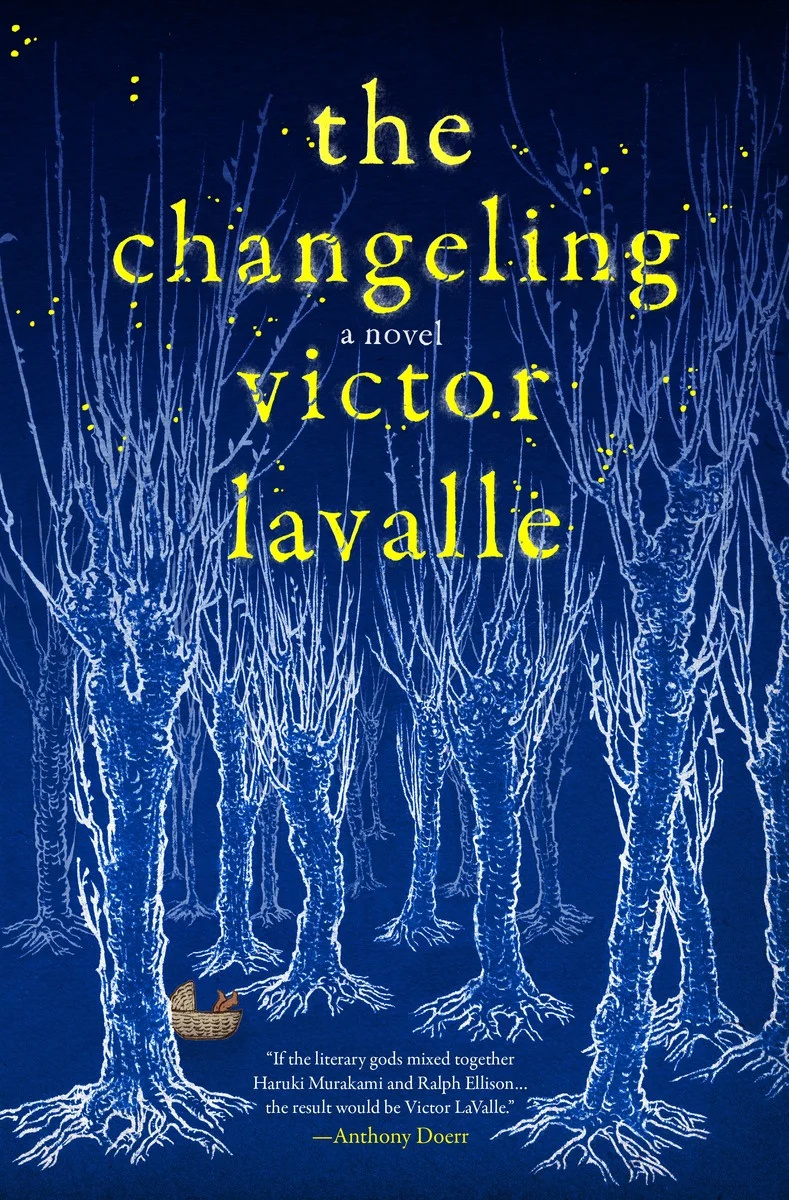Interesting but Not What I Expected
3 stars
A good book but much more specific/localized than what I sensed from the title and the description. I was not persuaded by several aspects, but it was interesting nonetheless.
This link opens in a pop-up window
A good book but much more specific/localized than what I sensed from the title and the description. I was not persuaded by several aspects, but it was interesting nonetheless.
There's a lot of really useful info in this book. As someone who has, in the past, created absolutely terrible teaching slides, there's a lot in here for me to incorporate. The last third got a bit repetitive, though.
There's a lot of really useful info in this book. As someone who has, in the past, created absolutely terrible teaching slides, there's a lot in here for me to incorporate. The last third got a bit repetitive, though.
This book was really engaging in terms form, but it didn't captivate me much in terms of content. I think the project of a cross-temporal novel told totally through interiority is cool, but as strange as it sounds I came away feeling like I still didn't really know the characters.
This book was really engaging in terms form, but it didn't captivate me much in terms of content. I think the project of a cross-temporal novel told totally through interiority is cool, but as strange as it sounds I came away feeling like I still didn't really know the characters.

Cutting Through Spiritual Materialism, by Chögyam Trungpa is a book addressing many common pitfalls of self-deception in seeking spirituality, which …

About The Changeling “If the literary gods mixed together Haruki Murakami and Ralph Ellison, the result would be Victor LaValle.”—Anthony …
Amazing and harrowing. I haven't read Huckleberry Finn since I was a kid, and I honestly appreciated not having re-read it before jumping into Everett's reclamation. There is so much to talk about here on its own. From the commentary on marginalized language practices, the abominable history of slavery, to the subtle indication that the character James wrote the the actual book held by the reader. I strongly recommend this one.
Amazing and harrowing. I haven't read Huckleberry Finn since I was a kid, and I honestly appreciated not having re-read it before jumping into Everett's reclamation. There is so much to talk about here on its own. From the commentary on marginalized language practices, the abominable history of slavery, to the subtle indication that the character James wrote the the actual book held by the reader. I strongly recommend this one.
The last 20-30 pages were an incredible (short) book and admittedly brought the slog through the preceding~270 into focus. I'm amenable toward both the project of "total life through art" and the critique of narrative reality.
But, man, this book was tedious. And while it's clear that Vonnegut was depicting racism, sexism, and homophobia in order to condemn them, he just wasn't landing the tricks.
Not my favorite Vonnegut.
The last 20-30 pages were an incredible (short) book and admittedly brought the slog through the preceding~270 into focus. I'm amenable toward both the project of "total life through art" and the critique of narrative reality.
But, man, this book was tedious. And while it's clear that Vonnegut was depicting racism, sexism, and homophobia in order to condemn them, he just wasn't landing the tricks.
Not my favorite Vonnegut.

"At 3:15 p.m. on April 29, 1992, a jury acquitted two Los Angeles Police Department officers charged with using excessive …

Aside from the fact that they are brothers, Peter and Ivan Koubek seem to have little in common.
Peter …

G. Bruce Boyer: True style (2015)
"From choosing the right pair of eyeglasses to properly coordinating a tie, shirt, and pocket square, getting dressed is an …